Bosnia fighters face uncertain fate
Hundreds of foreign "mujahideen" settled in Bosnia after the war of the early 1990s are now facing deportation, BBC reports.
Friday, 11.05.2007.
10:08

Bosnia fighters face uncertain fate
Raffaq Jalili switches between Bosnian, French and Arabic as he talks excitedly about his life now the Bosnian government has declared his citizenship illegal.Raffaq is originally from Morocco. He decided to come to the Balkans to fight alongside the Bosnian Muslims (Bosniaks) after watching a videotape of the siege of Sarajevo.
Now, with a Bosnian wife and two impeccably behaved children, Raffaq lives in the city of Zenica, surviving on the meagre pension afforded to a war invalid.
He was badly injured during the war, and has ugly scars along his arm and across the side of his head. Skin grafts were taken from his thighs to patch up the injuries, but his left ear remains little more than a withered half-moon of useless flesh.
Raffaq was given Bosnian citizenship after the war, as one of hundreds of mujahideen who settled in the country.
But now a government commission looking into the matter says most of these citizenships were gained illegally.
"We look at a lot of the documentation from that time," explains Vjekoslav Vukovic, the head of the commission.
"We look at empty files, we find false documents, false records from the army."
Political issues
Vjekoslav Vuković says the investigation into citizenships is purely a legal process.He points out that those who lose citizenship have the right to reapply for residency, even if they are first deported back to Algeria, Saudi Arabia, Syria, or wherever.
But there is undoubtedly a political element.
There are fears that Bosnia could become a European base for radical Islamic terrorism.
Thanks to the confusion over who was gaining citizenship at the end of the war in the mid-1990s, no-one is now sure just who has a Bosnian passport.
Bosnian embassies in Austria and Turkey handed out citizenships without fully checking the background of the applicants.
The government of the time, led by the staunchly Muslim Alija Izetbegovic, is also thought to have bent the law while granting citizenships to the mujahideen.
But the leader of Bosnia's Muslims, Mustafa Ceric, says the citizenship issue is just an excuse for throwing the mujahideen out of the country.
"They are being expelled because they're Arabs, because they're Muslims, and they came here to help us," he argues.
Bosnian newspapers have little sympathy for the men and their families. The mujahideen are widely blamed for importing strict interpretations of Islam into Bosnia.
Communities of what are referred to as "Wahhabis" have clashed with Bosnian Muslims over drinking alcohol and control of mosques.
The distinctive long beards worn by the men make them stand out as very different in a country where Islam is traditionally very tolerant.
Many Bosnians also blame the presence of the mujahideen for the visa restrictions placed on them by the EU and US.
"According to normal people we didn't need them, even during wartime," says Mirsad Fazlic, a journalist who has written about the mujahideen for the magazine Slobodna Bosna.
"And we especially don't need them now."
Different Muslims
Abu Hamza lives in a war veteran's flat overlooking a newly built mosque in Ilidza, near Sarajevo's airport. He has two flats: one for the men of the family, and one for the women."I am humiliated. I think they sold us out," he argues.
"I am living here for 15 years. I have a wife, I have children. Now they want to destroy my best life, my family, my future."
When I visit Abu Hamza, who is originally from Syria, I only get to meet the children of the family, and never his wife.
It was the same with Raffaq Jalili in Zenica. These men are clearly very different from other Bosnian Muslims that I know.
But whatever the arguments over security risks and radical Islam, it is clear that many mujahideen settled in Bosnia with no intention other than living what they saw as a normal life.
In most cases they believed they were becoming citizens of Bosnia legally.
This is now is a very different place to the Bosnia that back in the mid-1990s was just recovering from a horrific war.










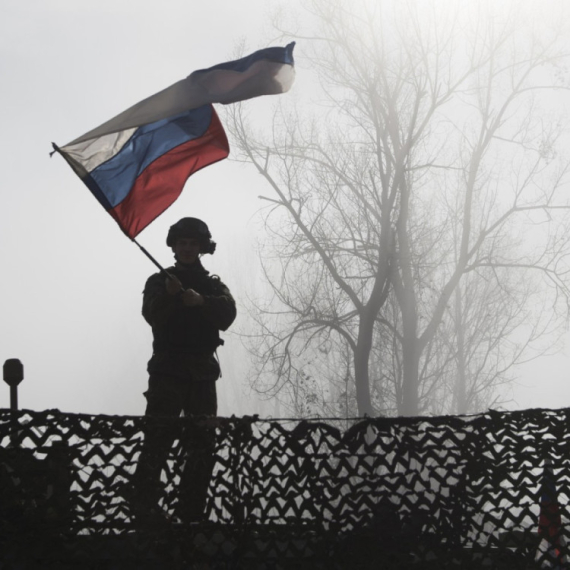


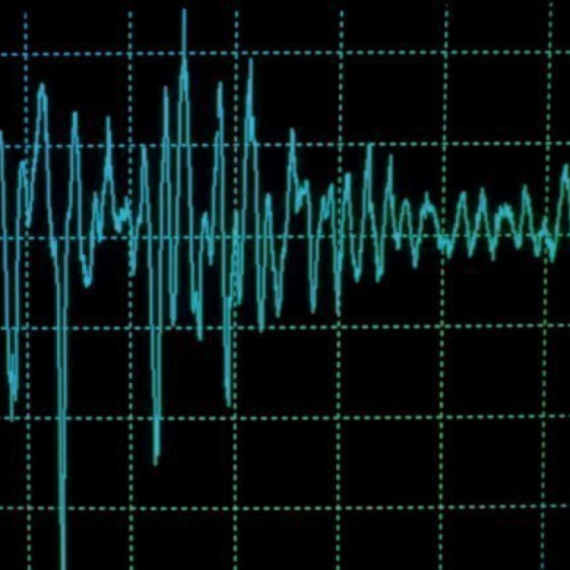
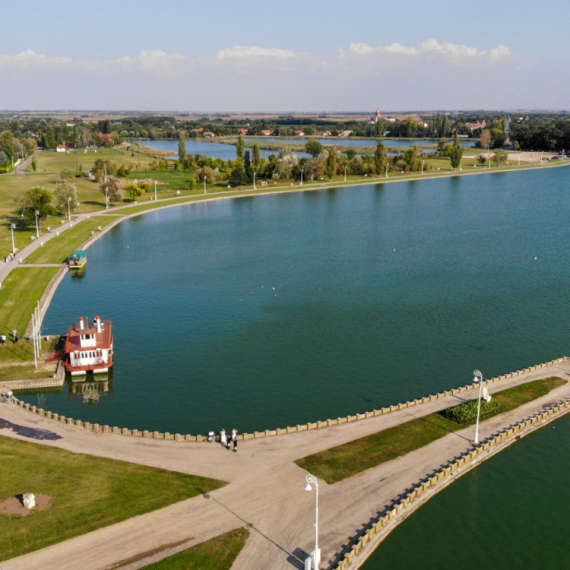

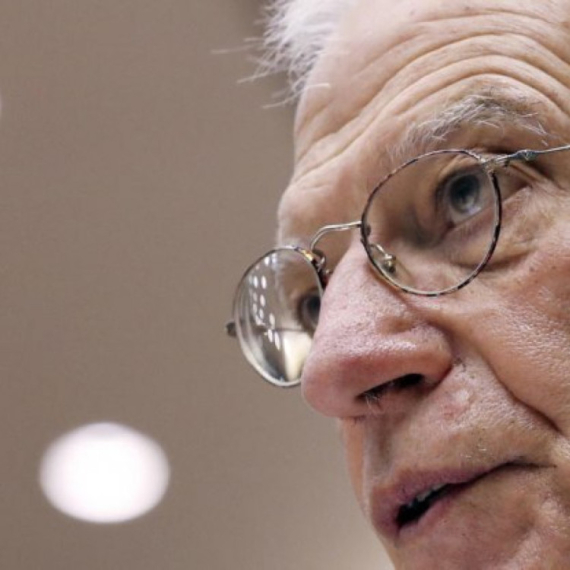
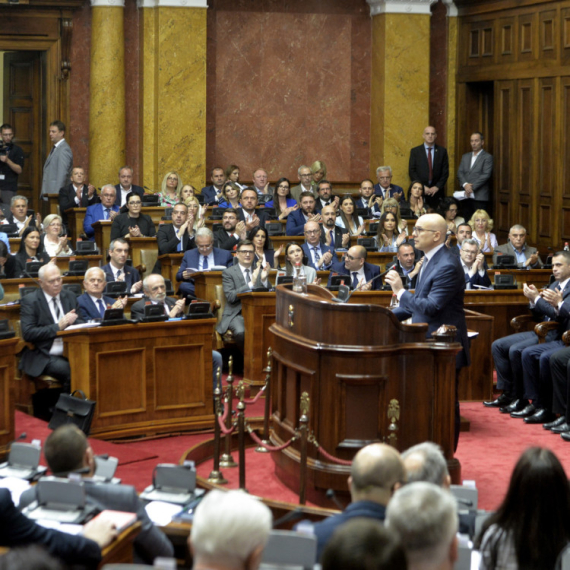




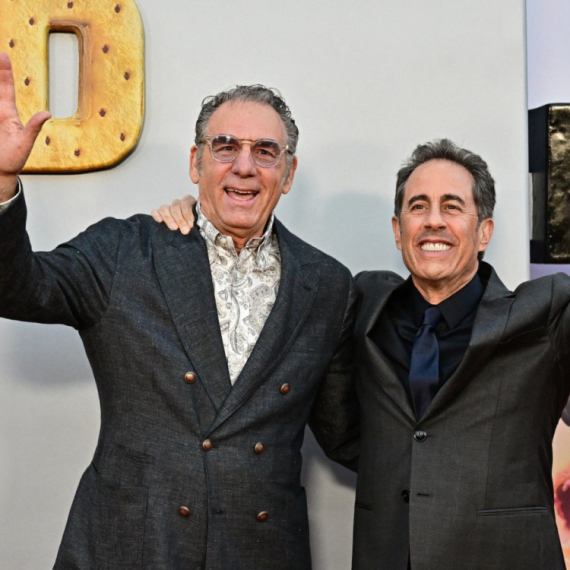







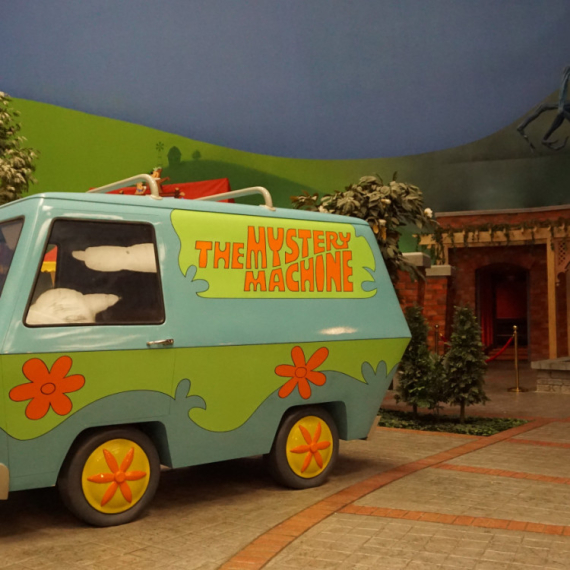






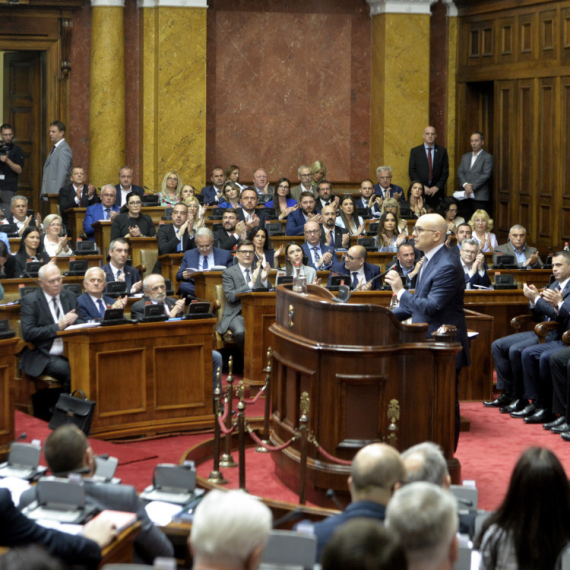







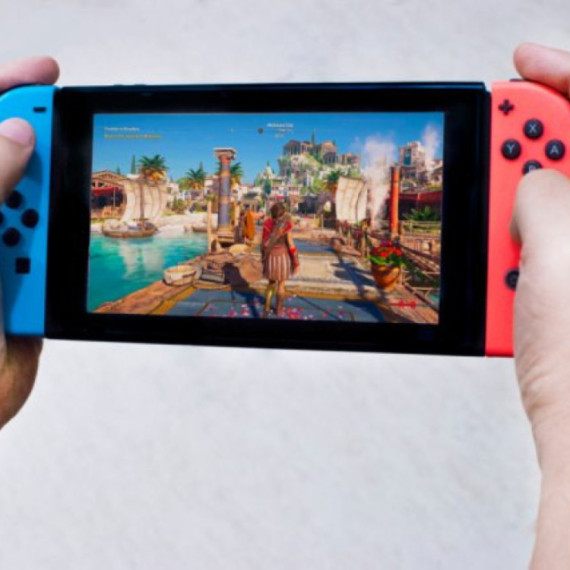
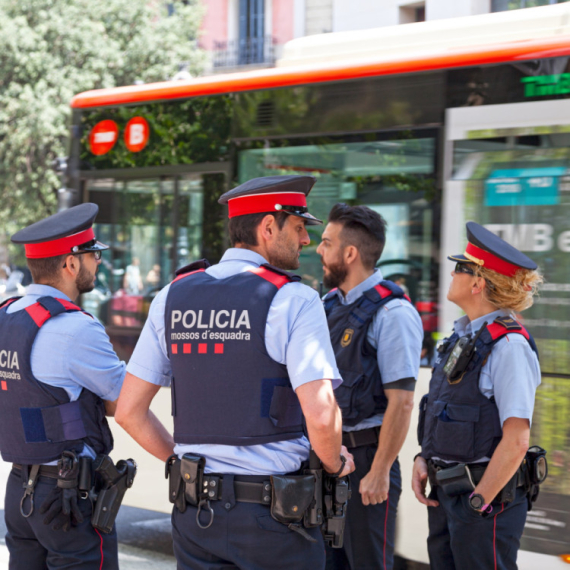
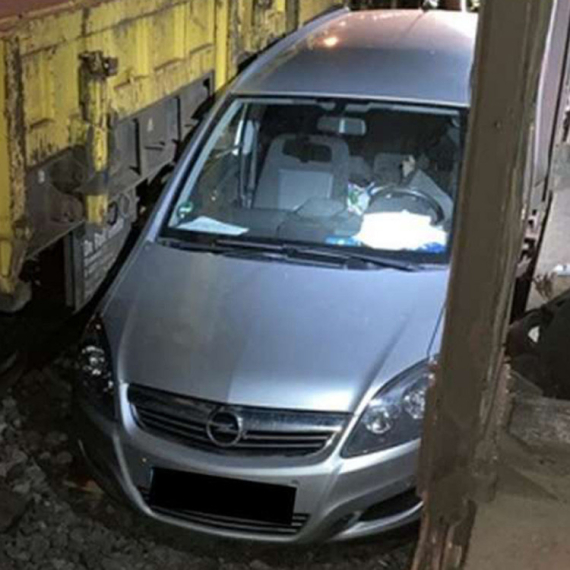


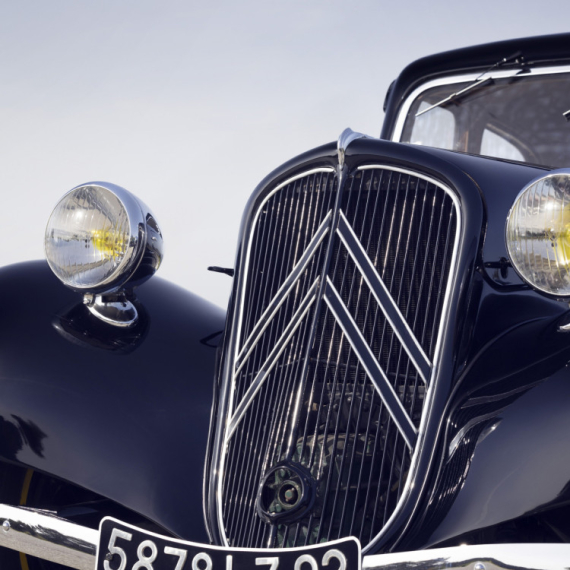
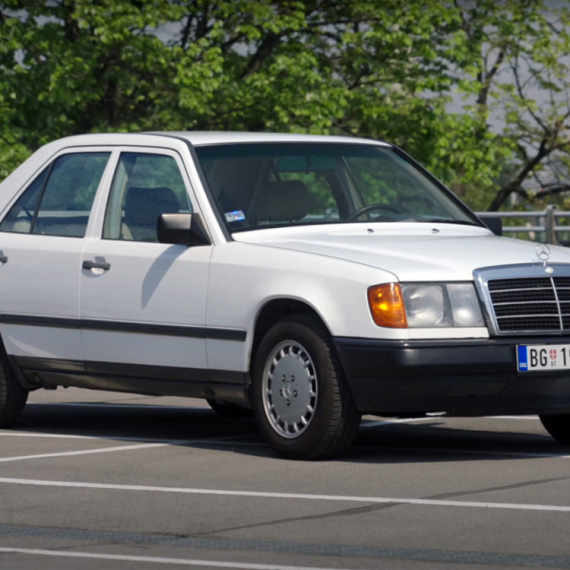
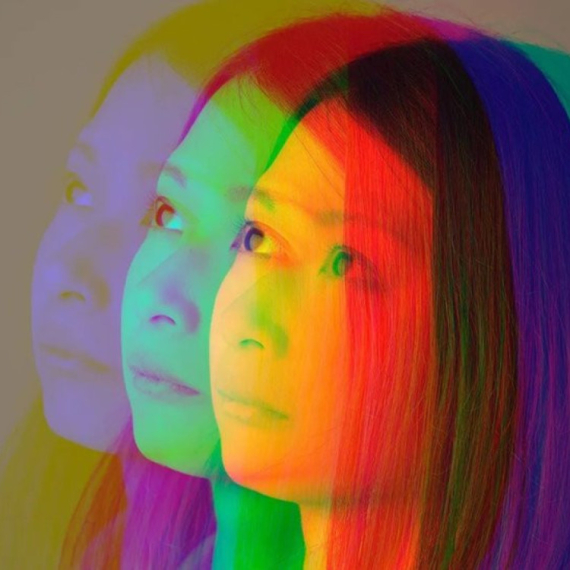
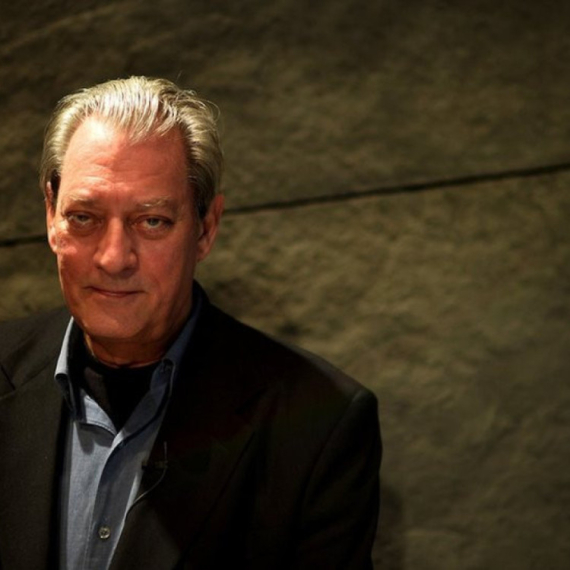
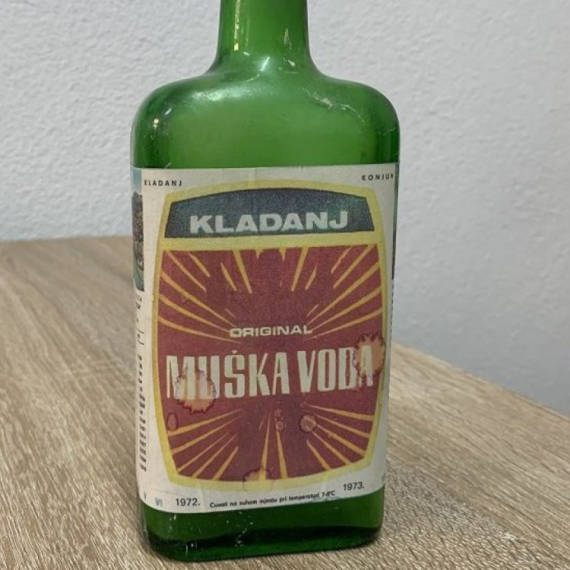
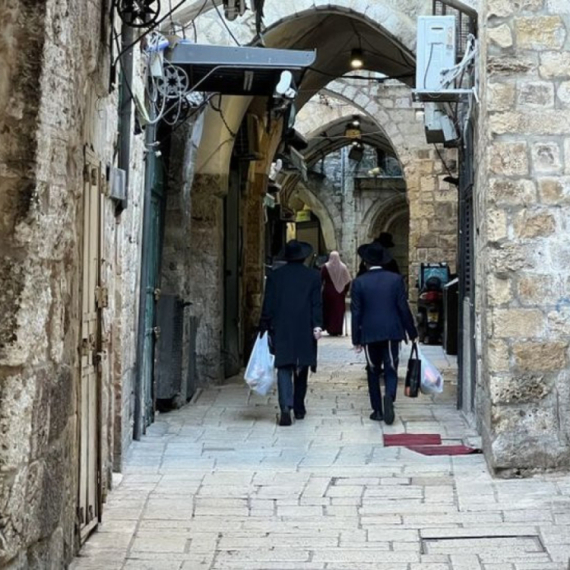


Komentari 3
Pogledaj komentare